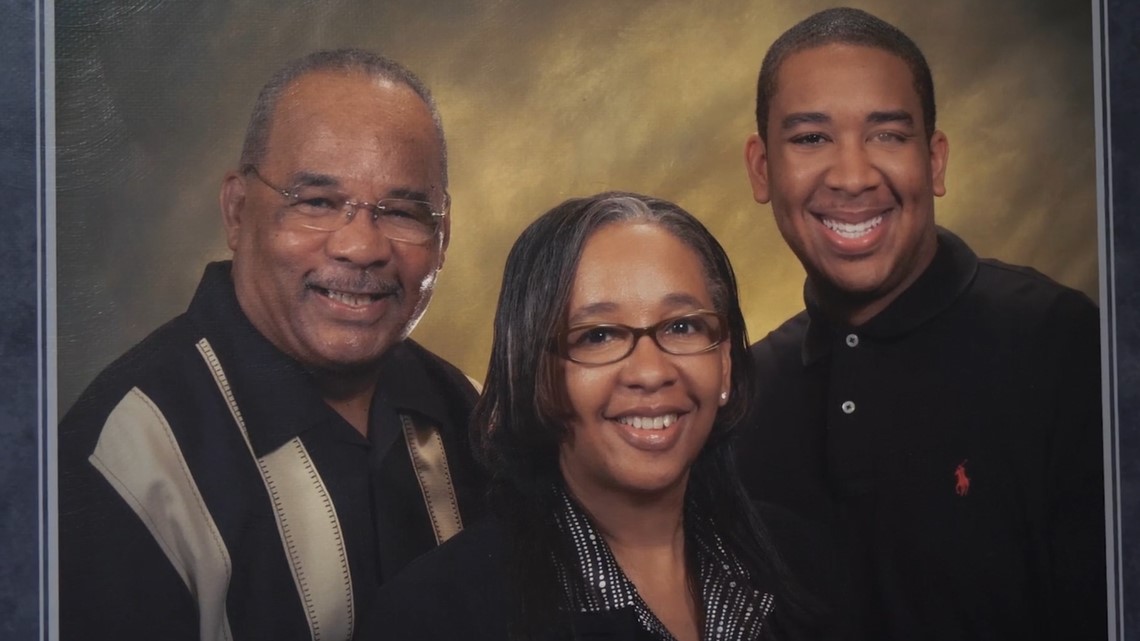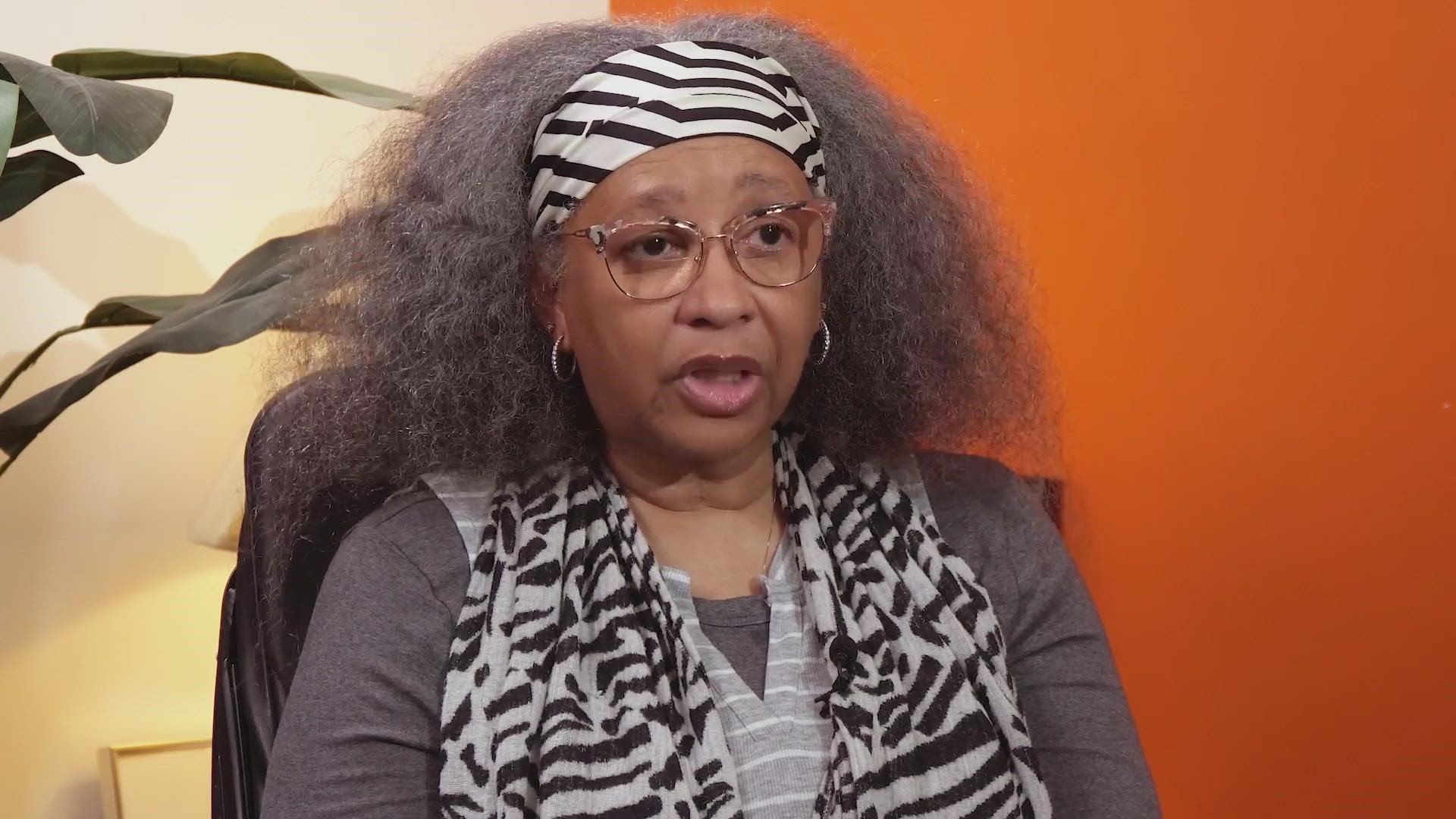ATLANTA — After a multiple sclerosis diagnosis, retirement means working again for Jennie Grinnage, after she has already worked for 45 years.
"I should be enjoying, or at a point in my life where I can cruise control. Not! It's back to – you might want to find a part-time job," Grinnage said.
"Now, you have to use this time to really stick to a budget. You might want a lobster dinner every now and then, a steak dinner. Like, nope. Check the budget. See if you're going to make it with your medications."
Nearly 5 million Americans are at risk of falling into the Medicare coverage gap. Roughly 10% of people with Medicare are estimated to lack creditable drug coverage, according to the Kaiser Family Foundation.
"When you turn 65, it's a whole new ball game with Medicare," Grinnage said. "I have to make sure my appointments, co-pay are covered. My medications are covered. And when I sit down, did the math for a year, it's like, 'I don't have enough.'"


Many drug discounts end when Medicare kicks in.
If a patient doesn't meet the criteria to get the subsidy from Medicare, there's often a deductible and then what's called a coverage gap, where a patient pays more out of pocket, explained Atlanta Cancer Care Foundation Social Worker Bryan Miller.
"Even when you get to catastrophic coverage, when Medicare pays 95% and you're left with 5%, if you're receiving a drug that costs $10,000 or more each month, that's more than a car payment for a lot of people," Miller said. "So, it still is inadequate."
The cost of prescription medication in America is 256% higher than in other countries, according to a RAND Corporation report.
"We do not have an inexpensive medication for, for the long-term management of MS. All of our medications come with a pretty high price tag," Multiple Sclerosis Institute Medical Director Dr. Ben Thrower said. "We're maybe shifting a little bit more of the financial burden back to the patient."
"You take money from different areas that and you're hoping that you can get some assistance. But if you don't, and that's in the back of my mind. 'What if I don't?'" Grinnage asked.
Only those who can afford the high cost of essential prescriptions have the luxury of enjoying their senior years.
"Here I am, thinking I'm 65. This is the time that you should be calming down. You can do, you know, things you like to do. Get involved with some volunteer work, maybe do your hobbies. Not," she said.
"I just can't get our country being so rich," she added. "Why are we making a choice between medication and food and your way of life, of living?'"

